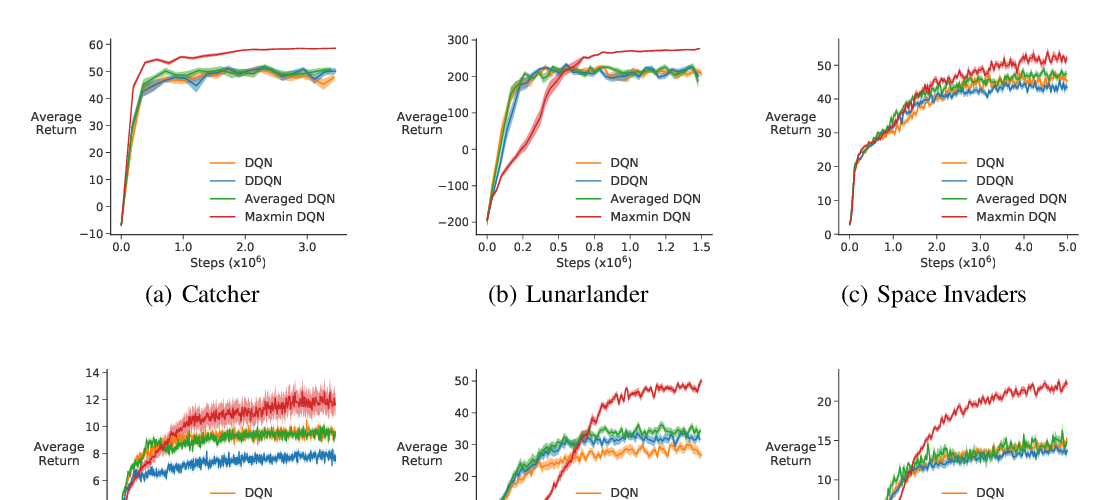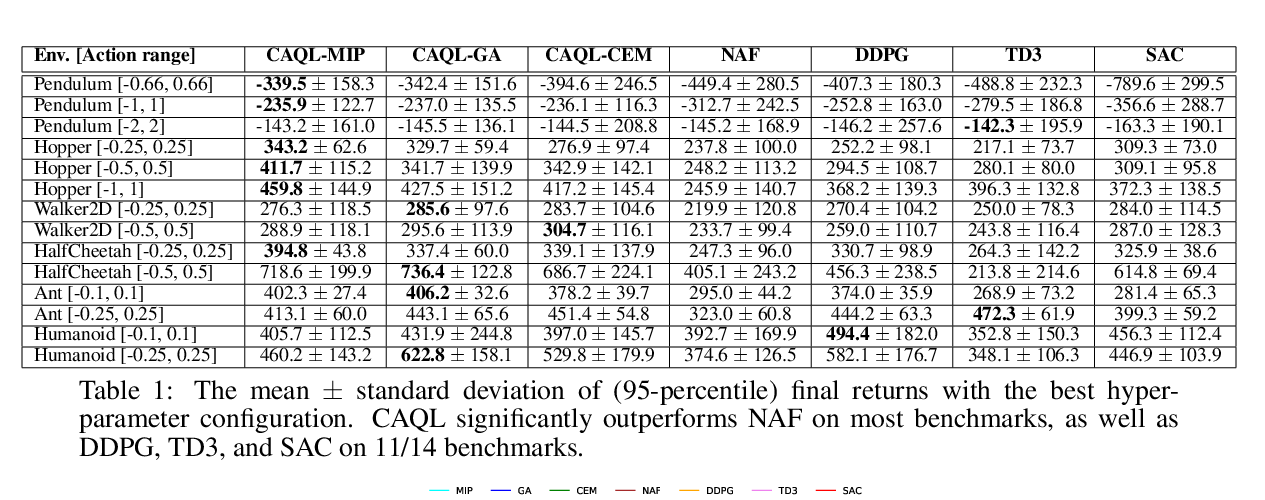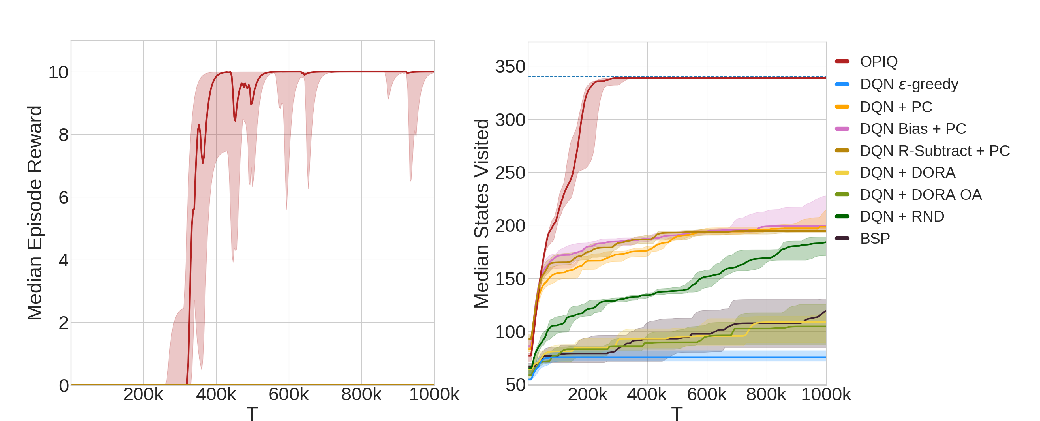Abstract:
Federated learning involves training statistical models in massive, heterogeneous networks. Naively minimizing an aggregate loss function in such a network may disproportionately advantage or disadvantage some of the devices. In this work, we propose q-Fair Federated Learning (q-FFL), a novel optimization objective inspired by fair resource allocation in wireless networks that encourages a more fair (specifically, a more uniform) accuracy distribution across devices in federated networks. To solve q-FFL, we devise a communication-efficient method, q-FedAvg, that is suited to federated networks. We validate both the effectiveness of q-FFL and the efficiency of q-FedAvg on a suite of federated datasets with both convex and non-convex models, and show that q-FFL (along with q-FedAvg) outperforms existing baselines in terms of the resulting fairness, flexibility, and efficiency.



